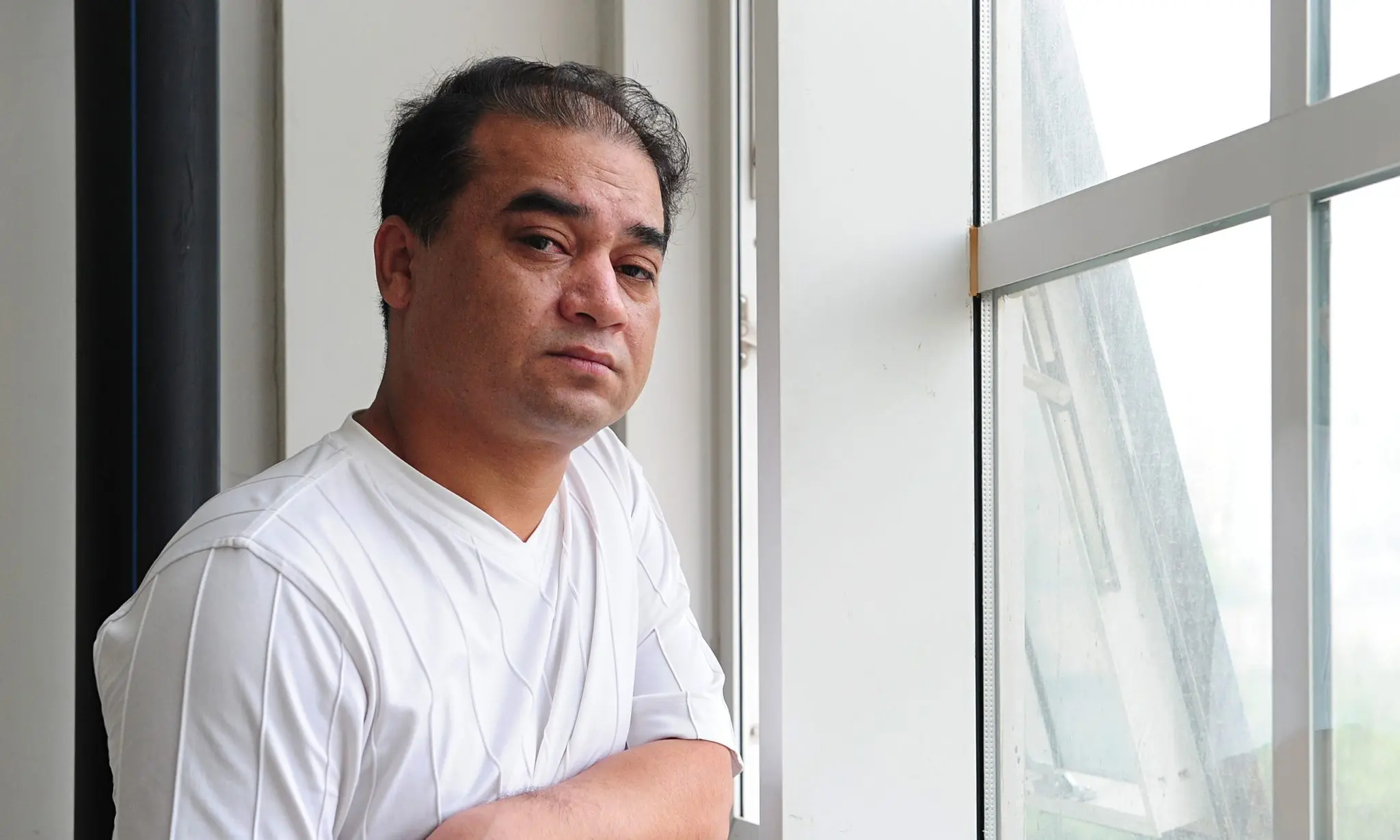Throughout history, writers, from Dostoevsky to Wilde, have been imprisoned in an attempt to silence them and their ideas. Though over a century has passed since these authors were writing, the imprisonment of writers by governments to stifle them and stymie any advocacy on their behalf continues. To keep these writers’ stories and hopes for release from fading, PEN American Center honors the Day of the Imprisoned Writer on November 15 by featuring three cases from around the world that represent the dire situation imprisoned writers face.
Dawit Isaak, a playwright, writer, and co-owner of Setit, an independent newspaper in Eritrea, was arrested during a crackdown on the independent press in 2001. Isaak has been held incommunicado for the past 14 years in jail with no charges brought against him. There were rumors that Isaak had died while in custody, but the Eritrean government has neither substantiated nor denied these claims. Other writers who were arrested during the same time as Isaak have since died in custody.
Nurmuhemmet Yasin is an award-winning freelance Uighur writer who has been jailed in Urumqi Prison No. 1 since 2005. He has not been allowed any visitors, making it difficult for any friends, family, and advocates to determine his condition in jail. As in Isaak’s case, rumors surfaced in 2013 that Yasin had died in prison in 2011, but these rumors have not been substantiated. Governments sometimes sentence writers to long prison terms in the hope that media coverage and advocacy efforts around these cases will lose momentum, allowing the writers’ plights to be forgotten.
In Myanmar, the Unity 5—journalists Lu Maw Naing, Yarzar Oo (also known as Ya Zar Oo), Paing Thet Kyaw (aka Aung Thura), and Sithu Soe—along with Unity newspaper’s CEO Tint San, were sentenced to seven years in prison with hard labor for writing and publishing an exposé about an alleged secret chemical weapons factory in Magwe Region.
In prison, writers can suffer harsh conditions like hard labor as in the case of Unity 5, denial of contact with the outside world like Nurmuhemmet Yasin, and solitary confinement and lack of access to medical treatment like Dawit Isaak. Imprisonment is not just physically constraining but also psychologically destructive. It takes a toll on writers, rendering them physically unable to disseminate their writing, and also hinders advocacy efforts on their behalf, ultimately eradicating, in every possible way, their human right to free expression.
Today, on the Day of the Imprisoned Writer, take action for writers resisting repression of their right to freedom of expression by retweeting these #ImprisonedWriter tweets to bring attention to their cases and demand their governments release them.


